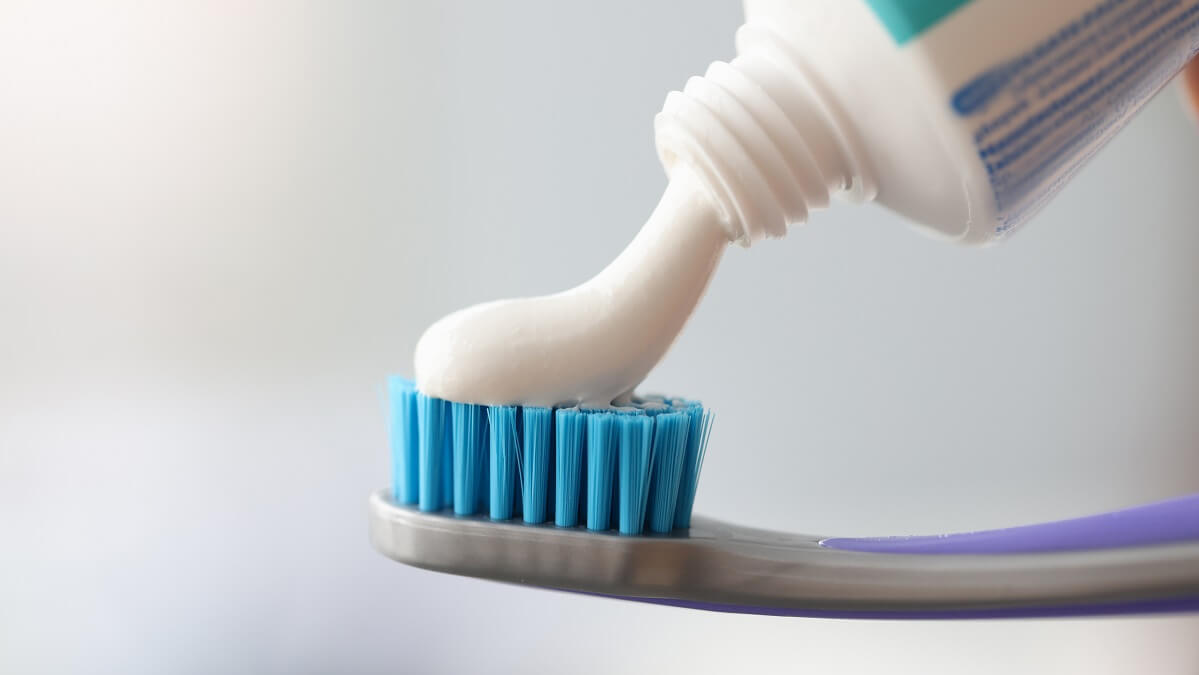Toothpaste is so much part of our everyday lives that we rarely think about it. Like many mainstream products, it is also surrounded by numerous misconceptions.
The DentaVox Market Research platform gathered the opinions of 1029 respondents globally on 10 popular myths and facts about toothpaste. But do experts agree or disagree with the general public? See the findings below.
Toothpaste is poisonous: myth
Some of you may have feared swallowing toothpaste in your childhood. Research revealed that 13 per cent of DentaVox respondents still fear that toothpaste is poisonous.
The fact: although experts warn that toothpaste is made for cleaning your teeth, not for being eaten, swallowing minor amounts of it wouldn’t do you any serious harm. Toothpastes, more and more, are made from natural ingredients.
Fluoride in toothpaste helps protect from tooth decay: fact
More than 85 per cent of survey participants do believe that fluoride keeps cavities away. Scientific evidence of this is substantial and repeatedly confirmed.
According to an official document on public health by the European Commission: “Fluoride treatment regimens have been developed to prevent dental caries. Systemic fluoride is easily absorbed and is taken up into the enamel during the period of pre-eruptive tooth formation. The predominant beneficial cariostatic effects of fluoride in erupted teeth occur locally at the tooth surface.”
Kids’ toothpaste is just a marketing gimmick: myth
Is the packaging the only difference between kids’ and adults’ toothpaste? In the opinion of 36 per cent of respondents, children’s toothpaste is just a marketing gimmick.
According to experts, toothpaste for children usually has different, lighter ingredients as it is more likely to be swallowed and may affect their tummies. Moreover, it is generally sweeter to help them get into the habit of brushing.
Charcoal toothpaste whitening teeth is not scientifically proven: fact
Charcoal has become a star among home teeth whitening products. But DentaVox respondents seem hesitant to believe that its benefits have been scientifically proven. Do they have grounds for these doubts?
Apparently, yes. Charcoal toothpaste is a relatively new trend, so there’s little clinical data available on its merits or dangers.
Professional teeth cleaning is not needed if you brush regularly: myth
Forty per cent of DentaVox respondents wrongly believe that brushing your teeth eliminates the need for professional teeth cleaning. It is one of the most popular misconceptions around dental hygiene.
Remember: even if you maintain flawless at-home oral hygiene – with brushing, flossing, tongue cleaning, and mouthwash – you cannot entirely prevent plaque build-up, especially in the areas below the gum. Regular dental visits are crucial to ensure your long-term oral health.
Baking soda in toothpaste could harm the enamel: fact
For years, baking soda was perceived as the panacea for all things dental. Thanks to greater oral health awareness in recent years, more and more people are starting to get cautious about its effect.
The main reason: it is highly abrasive, which means that it literally scratches your enamel and could lead to serious erosion. Although 30 per cent of respondents are completely unaware of this fact, another 50 per cent recognise it as a threat.
Ayurvedic toothpaste is the best: so-so
People seem doubtful when it comes to the great advantages of ayurvedic toothpaste. Thirty-five per cent of respondents consider it to be the best, 27 per cent disagree, and 39 per cent remain undecided. Not surprisingly, in India – the birthplace of Ayurveda – nearly 80 per cent of survey participants believe that this is the top choice of toothpaste.
The experts’ opinions are diffuse. On the positive side, natural ayurvedic formulations are usually chemical free and low in sugar, which is good for diabetics. From another point of view, ayurvedic toothpaste often lacks fluoride, which takes away the scientifically proven cavity protection feature.
Toothpaste does not have an expiry date: myth
Have you ever checked your toothpaste’s expiry date? Don’t worry if the answer is no. Almost 15 per cent of DentaVox respondents believe that toothpaste doesn’t have an expiry date at all.
However, like any cosmetic product, toothpaste does expire. The active ingredients in it can degrade and become less effective over time, so please make sure you check the marking next time.
Toothpaste cannot clean all tooth surfaces: fact
Toothpaste is crucial but it is not almighty. It cannot properly clean all tooth surfaces as 66 per cent of respondents correctly recognise.
The first commercially available toothpaste was Colgate: myth
Colgate is indeed one of the most popular toothpaste brands that most DentaVox participants (primarily aged 18 to 55) have been familiar with for their entire lives. But is Colgate the first commercially available toothpaste?
Although more than half of the respondents believe this to be so, it is untrue. The first mass toothpaste with the now popular smooth texture was created by Crest and was sold in a … jar!
Did you believe any of these dental myths? Which fact did you find the most shocking? How often do you visit your dentist?
Also read: Pros and cons of teeth whitening
Disclaimer: This article contains general information about health issues and is not advice. For health advice, consult your medical practitioner.

